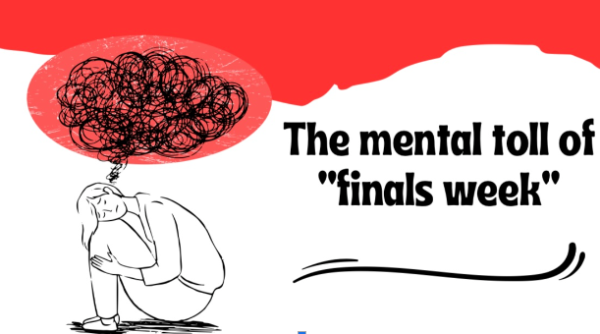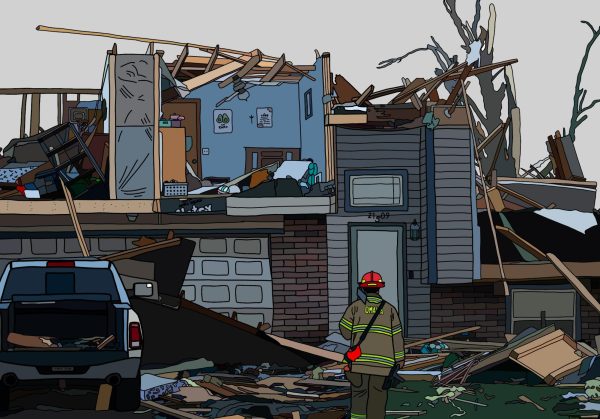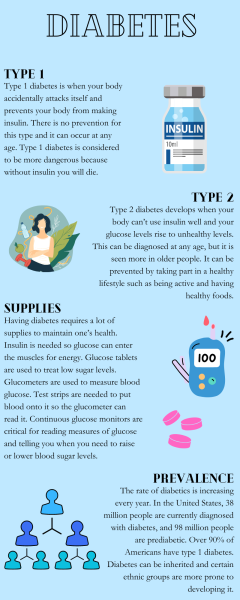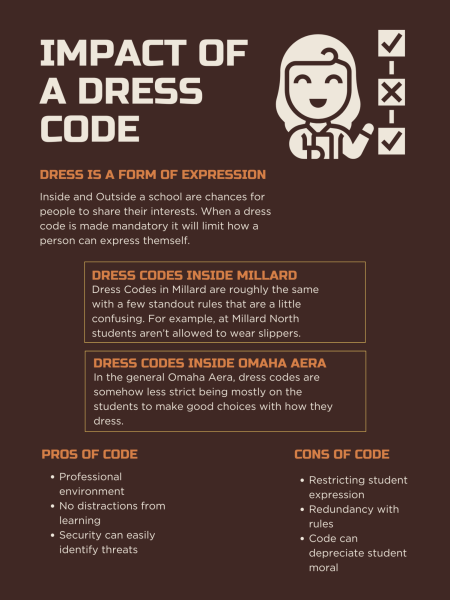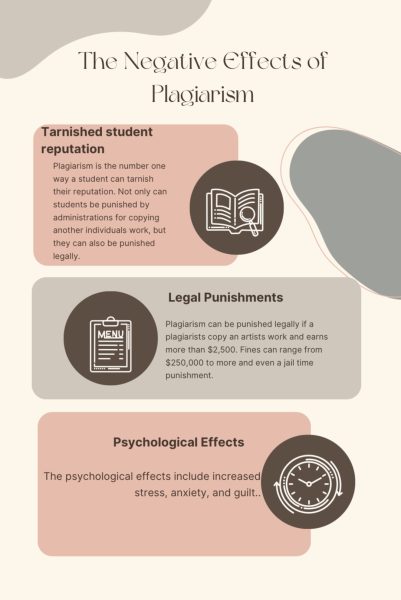Battle for the Ballot: America’s Voter Turnout Crisis and How High Schoolers Can Help
Voting is the simplest way to become an involved citizen.
February 13, 2018
For centuries, voting has been a critical component of being an involved citizen. The era of limited options for public opinion and finite enfranchisement are mostly a thing of the past. Voter ID laws and restrictive regulations for formerly-incarcerated individuals aside, the voting populace has been greatly expanded throughout American history. Voting is a simple process that many citizens take advantage of.
Despite centuries of advancement in one’s right to the polls, the voter turnout in the United States is among the lowest in the wealthy industrialized world. Only 55.7 percent of eligible voters participated in the 2016 election, putting the US at 28th out of 35 countries within the Organization for Economic Cooperation and Development in turnout.
The battle for the ballot was a war-like campaign that waged for decades upon decades. In the years following the Revolution and marking the beginning of the great American experiment, only property-owning, over 21-year-old white men had the capability to vote. Early twentieth century initiatives brought the 19th Amendment and women’s suffrage across the country, ending nearly 150 years of solely men’s ballots.
The culmination of the fight for the right to vote was in the passage of the 1964 Civil Rights Act, ensuring that all men and women 21 and over were guaranteed access to the ballot no matter their race, religion or education. With the voting age lowered to 18 just 47 years ago, around 250 million Americans have the opportunity to let their voice be heard. More groups of people are incorporated into the democratic process than ever before.
According to the Census Bureau, out of 245.5 million voting-age individuals in the US, only 157.6 million are registered. Why? More often than not, people are unaware of the nature and ease of the process.
Registering is simple. In the majority of states, this can be completed in a straightforward online process not exceeding 10 minutes. Registration can also take place at the DMV, local election offices and armed service recruitment centers. It can be completed as long as the individual meets a short list of requirements and is 18 years old before the day of the election — meaning high school seniors can register months before actually becoming a legal adult.
However, the process of registration is only the first step, actually making it to the polls and casting ballots in important decisions is essential to the democratic process. Although some individuals find conflicts in the time and place of the polling places, absentee ballots are always an option. Whether it’s deciding the next four years of executive leadership or modifying the budget of a public school district, federal and local issues alike are never-ending.
Local elections are among the most important governmental events. These affect citizens most directly, but often have substantially lower turnout than national elections.
Following the 2016 presidential campaign, Nebraska experienced the highest amount of registered voters in state history — over 69 percent of Nebraskans voted in the nationwide election. But according to the Douglas County Election Commission, only 39.8 percent of eligible voters cast a ballot in the Millard Levy Override Bill — a crucial piece of legislation affecting the county and thousands of Omaha families in a massive way.
Local issues should not necessarily take precedence over those of federal, but the undeniable close-to-home aspect of legislation like the Millard Levy Override should at least spark citizen’s interest enough to vote for the future of their community. Unfortunately, that is not always the case.
Analysts believe that the likeliness of individuals voting is related to how strongly blue or red their state is. If citizens feel as if the status quo is all that can be achieved, they’re less likely to actually make it to the ballot.
In reality, nothing will ever change if no effort is put forth. The low political efficacy of American citizens is crippling to the democratic process. Especially with the ideologically charged aspects of the 2016 election, voting is one of the simplest ways to voice one’s opinion and make a difference. Running for office, donating to PACs, or writing to officials are not the only ways to be politically active. All it takes is a couple of check marks and 15 minutes at a polling place.
Rambling political posts on Twitter and Facebook will not create change.
Arguing with friends and family will not yield productive results.
Showing up to the polls, supporting favored candidates and occasionally attending political events is the only sure way to be heard in the community. Democrat or Republican, Independent or Libertarian, voting is essential to the success of the American government — a government of the people, by the people, for the people.








